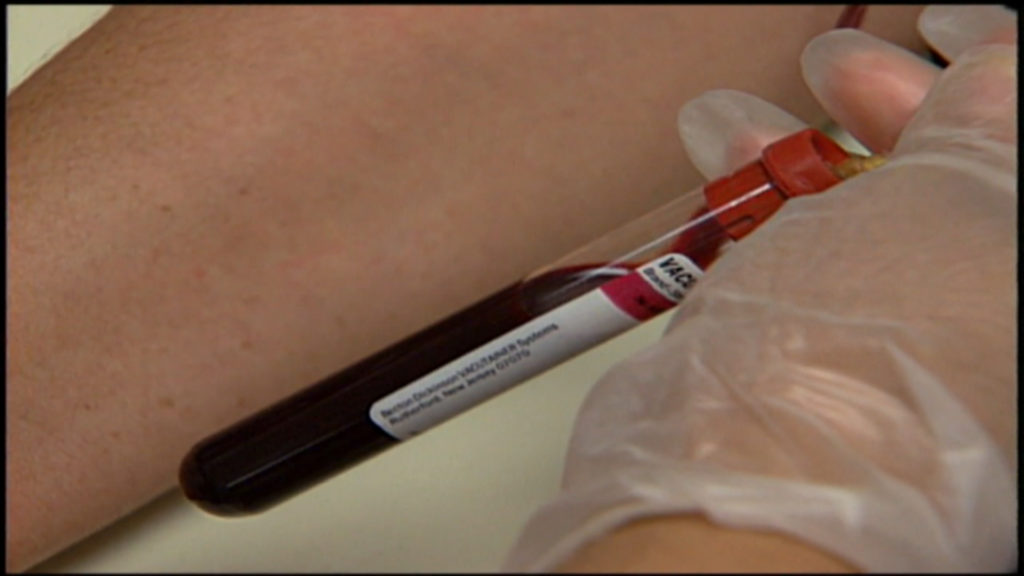People with HIV/AIDS are now living longer than ever

MARQUETTE COUNTY — September 18th is recognized every year as National HIV/AIDS and Aging Awareness Day. According to the CDC, more than 45% of people living with HIV in the United States are age 50 or older.
HIV, or Human Immunodeficiency Virus, is a virus that attacks the immune system. The immune system becomes so weakened that a person no longer has enough cells to fight off infections. When that occurs, a person can officially be diagnosed with AIDS.
Laura Fredrickson is the HIV/AIDS Coordinator for the Marquette County Health Department. She says that while the effects of HIV are different for everyone, people are generally living longer now with the virus than ever before.
“It really varies from person to person how people are affected,” said Laura Fredrickson, HIV/AIDS Coordinator for the Marquette County Health Department. “But when somebody is first diagnosed it’s really scary, because for people infected with HIV it used to be a death sentence, there just was no treatment. But now it just really depends on the person. It depends on how quickly they get into care and treatment, if they can stay on medications and take them regularly and not miss any doses, it depends on their immune system. But people really are living long, healthy lives and managing HIV.”
The Marquette County Health Department offers a program for people living with HIV. Programs like theirs are part of the reason HIV is becoming more and more manageable for those in the U.P. infected with the virus, and why they are able to live longer and healthier lives.
“More people are living longer,” said Fredrickson. “One of the things we do at the Health Department is HIV case management. We have a program where we actually serve people living with HIV across the U.P. Right now we have about 100 people enrolled in our program, and over half of them are age 50 or over. So people really are living longer and healthier lives with the right care and treatment, getting the right services, and being on the right medication. And we help connect them to all the resources that they may need, we make sure they have access to medications, insurance, doctor’s visits, transportation, and housing.”
Fredrickson says researchers are always making advancements in medications and treatments for HIV, and that they are still looking to find cures for AIDS in the future.
